DISASTER MANAGEMENT & CLIMATE CHANGE ADAPTATION:
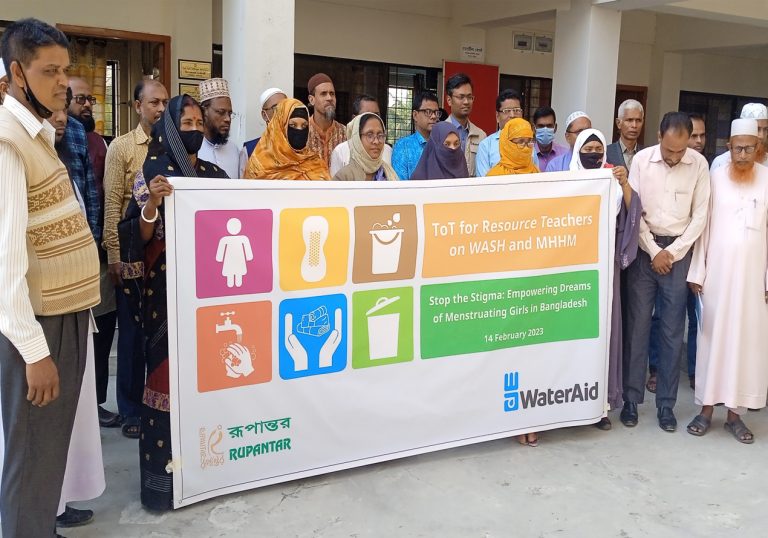

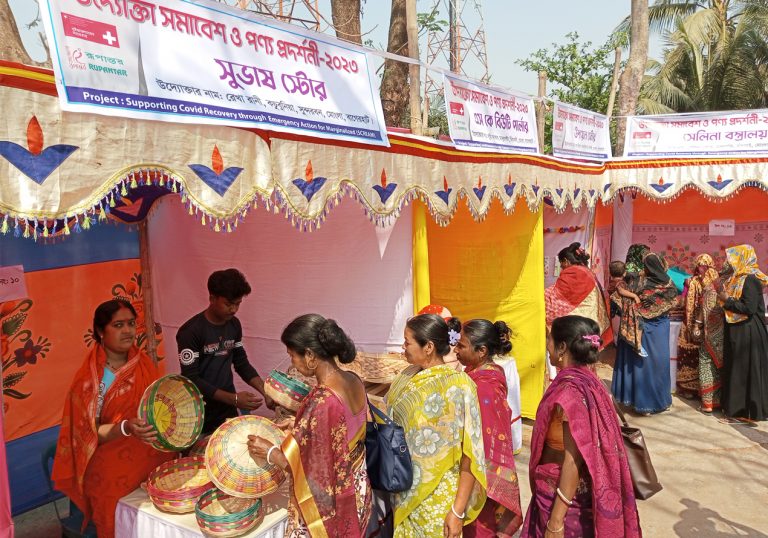

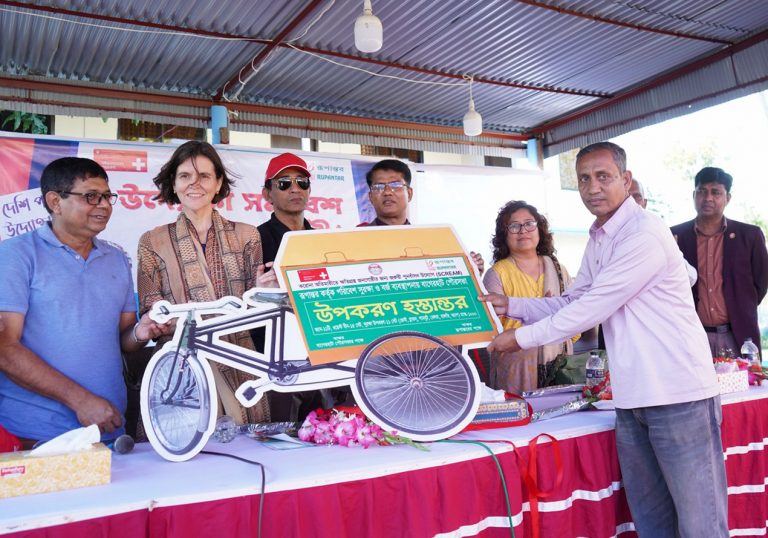



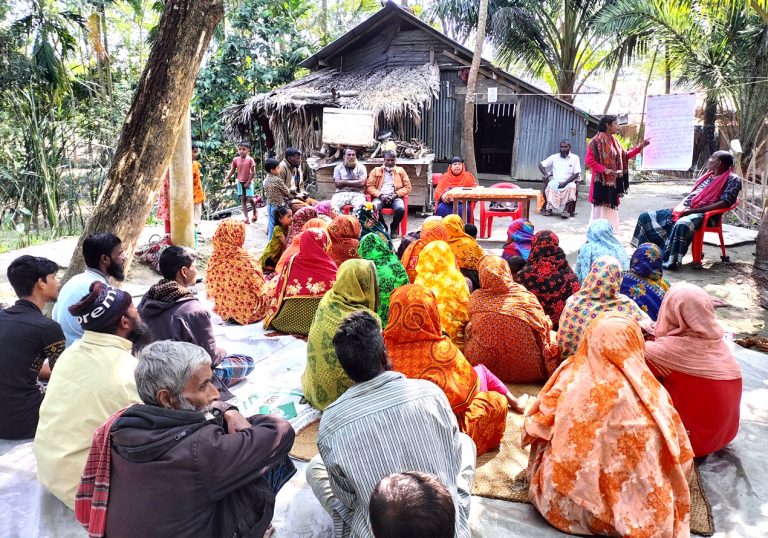


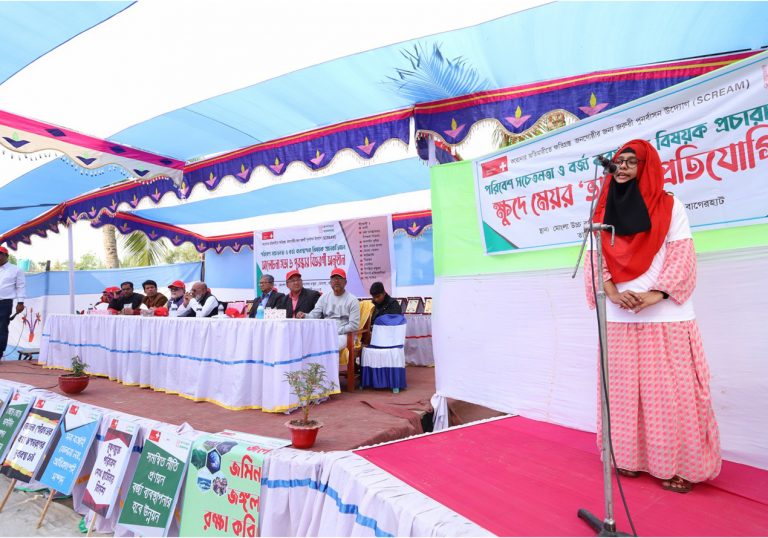

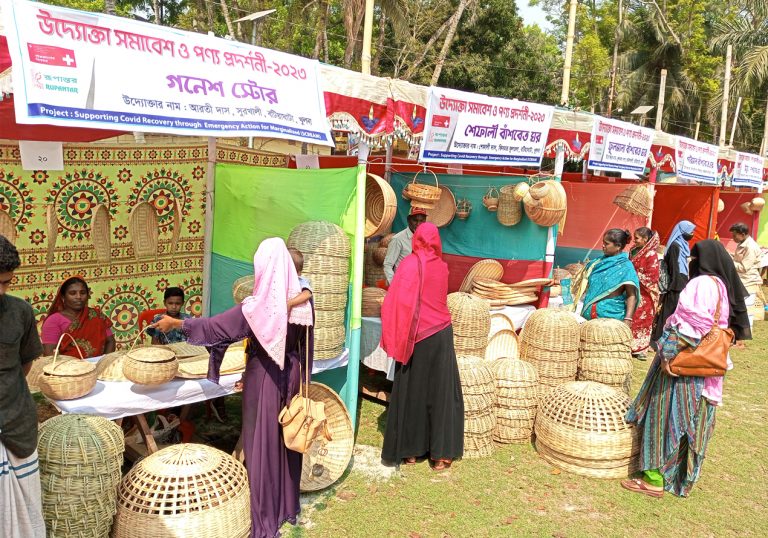




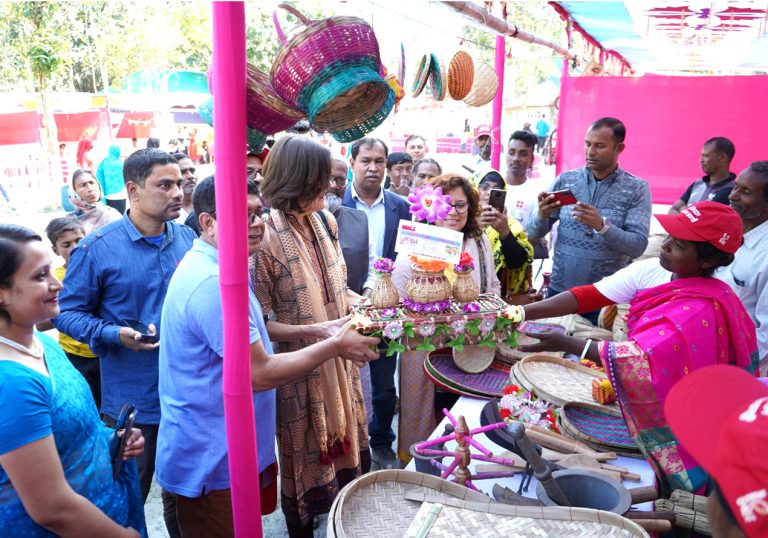
Disaster management and climate change adaptation program was launched in 2007, right after cyclone Sidr hit at south-west coastal belt adjacent to the world’s largest mangrove the Sundarban. We have projects in prevention, mitigation, preparedness, response and recovery under disaster management and regular projects and emergency projects under climate change. Rupantar worked in early warning, assisting people to cyclone shelters followed by emergency relief and rehabilitation with financial assistance, provided livelihood, WASH, capacity building support to community and institutions.
Strategic approaches
- Rupantar’s governance approach aims to ensure that resources are managed responsibly for the benefit of local residents, women and the poor.
- Rupantar complements government of Bangladesh (GoB) effort in achieving the sustainable development goal (SDG).
- Inclusive in terms of gender parity.
- Program fits into GoB goal
David Regan – Chief Executive Officer (CEO) of Concern was thrilled to visit Rupantar’s Collective Responsibility, Action and Accountability for Improved Nutrition (CRAAIN)
- Key achievements
Through disaster management and climate change adaptation program 02 municipality model was development through sustainable waste management, 23 climate resilient sanitation facility installed, 04 improved sanitation facility installed at educational institute, 07 sanitation facility at health care facility (HCF) renovated, 04 rain water harvesting system (RWHS) installed at educational institute, 07 rain water harvesting system (RWHS) installed at health care facility (HCF), 01 underground rain water harvesting system (URWHS) and 20 rain water harvesting system (RWHS) installed, 01 reverse osmosis (RO) plant installed through WE-WE model,16 capacity building events held, 02 participatory ward vulnerability assessment (PWVA) carried out, 29 hygiene awareness session organized, 03 disaster management committee meetings organized at district level, 01 joint needs assessment training were given to network members and 01 learning sharing and coordination meeting was held. Through CLIMB project, we were successful in introducing new methods such as sack bag cultivation, tower garden, clay pitcher, drip irrigation using saline pipe to the farmers.
